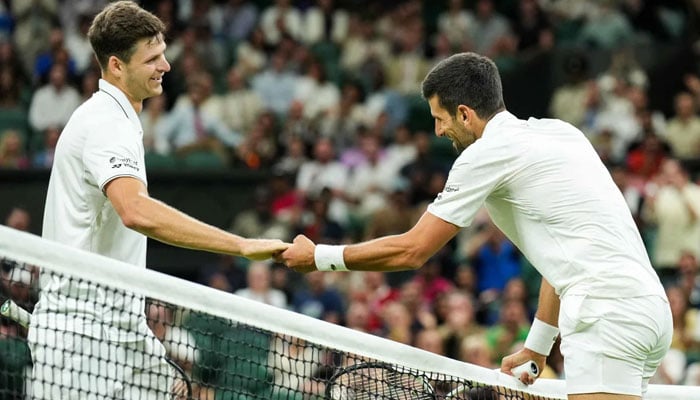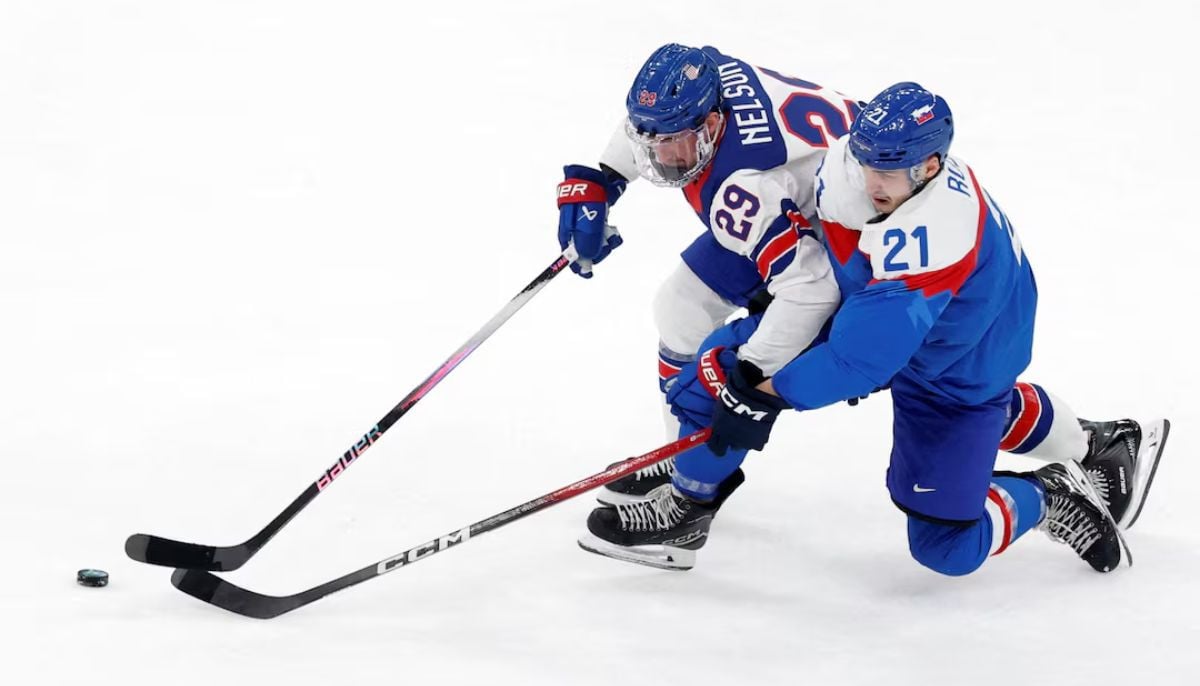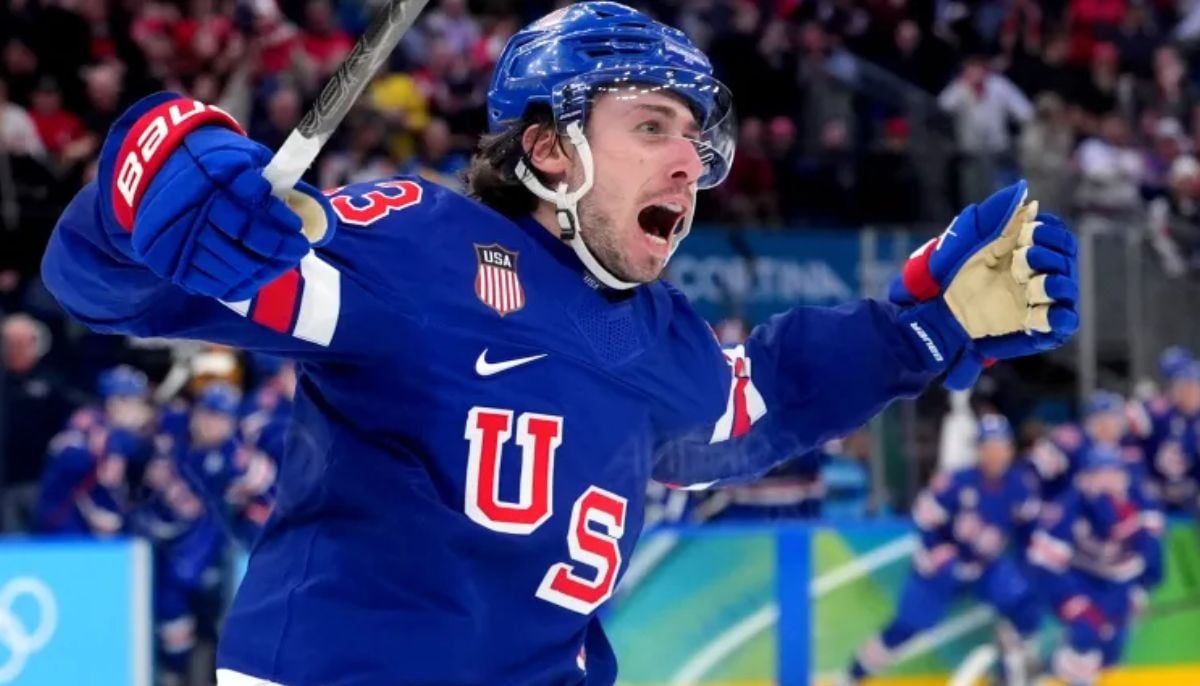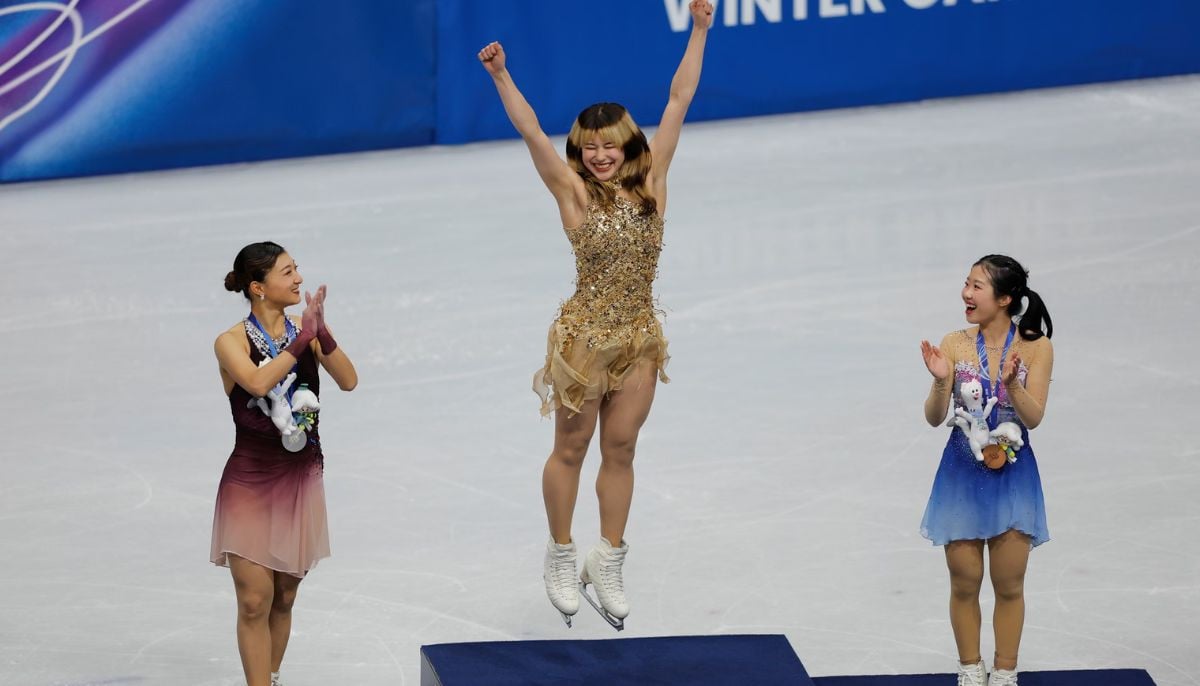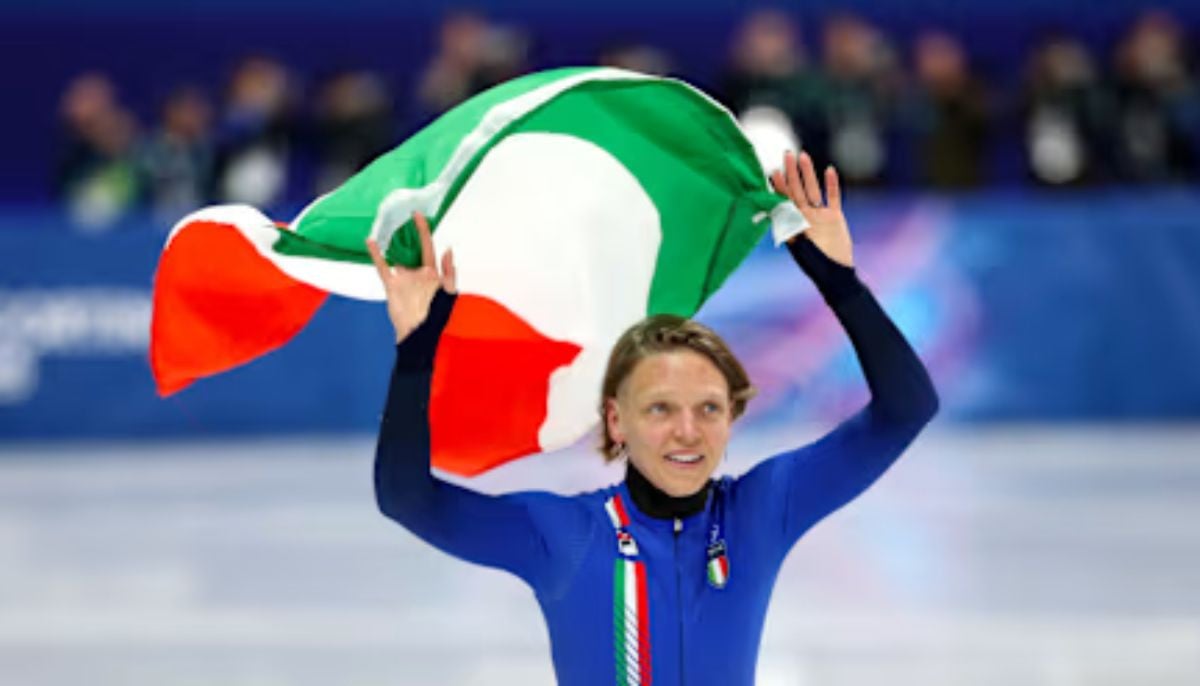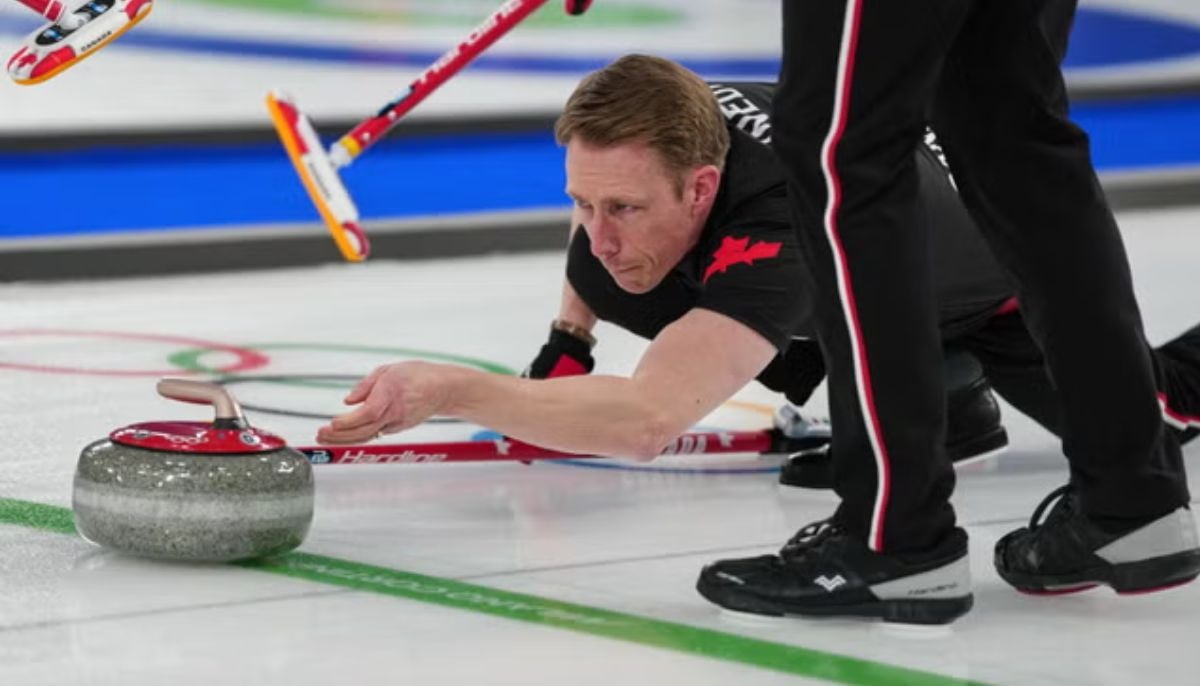Wimbledon's curfew interrupts Djokovic's match, disappointing fans
Despite Djokovic's commanding lead over Hubert Hurkacz, the match was suspended as it approached the designated cut-off time
Novak Djokovic fans were left disappointed on Sunday as play was halted despite the Serbian dominating his match against Hubert Hurkacz. The reason for the interruption? The tournament's curfew, which had been encountered just as the game was reaching its peak.
So, what exactly is the curfew at Wimbledon? Unlike other grand slam tournaments, the All England Lawn Tennis Club has a specific time limit for play to conclude. While matches on outside courts are stopped when visibility becomes an issue, the show courts - Centre Court and No. 1 Court - have retractable roofs equipped with LED lights, theoretically allowing play to continue throughout the night. However, unlike the Australian Open and the US Open, where matches can finish in the early hours of the morning, play on Wimbledon's show courts must cease at 11 p.m. local time (6 p.m. ET). This rule was implemented in 2009 when the Centre Court roof was introduced, ensuring that no matches extend beyond 11 p.m., with play resuming the following day.
The curfew serves multiple purposes, as explained by the All England Lawn Tennis and Croquet Club in a statement released in 2018. It balances the consideration of local residents with the scale of the international tennis event held in a residential area. Additionally, the curfew takes into account transportation logistics and the safe return of visitors. Its implementation coincided with the opening of the Centre Court roof.
So, what are the implications of the curfew? This year, two matches have already been affected. The first was Andy Murray's second-round match against Stefanos Tsitsipas, which commenced late in the evening and was stopped approximately 20 minutes before the curfew, with the match poised for an exciting finish. Play resumed the following day, favoring Tsitsipas, who ultimately advanced to the next round. The second match disrupted by the curfew was Novak Djokovic's clash with Hubert Hurkacz. After two intense sets, play was suspended, and the match is set to resume on Monday in the third set, with a quarterfinal spot at stake.
Although the curfew is typically enforced, there have been exceptions in the past. In 2012, Andy Murray's match against Marcos Baghdatis continued past 11 p.m., with flexibility and common sense prevailing, as Murray was on the verge of victory. Discussions between Merton Council and tournament officials ensured a balanced approach, considering both the residents and the tennis event.
-
Winter Olympics 2026: Arianna Fontana makes history as Italy’s most decorated Olympian
-
Ex-UFC fighter Tiki Ghosn knocks out streamer DeenTheGreat in viral clip
-
David Goyette’s hockey career faces major blow after 20 game AHL ban
-
Winter Olympics 2026: Mark Callan defies age as moonwalking ice sensation dazzles crowd
-
Women’s curling results: USA falls to winless Italy at Winter Olympics
-
Elana Meyers Taylor and Kaillie Humphries shine in monobob final
-
Ilia Malinin breaks silence on ‘vile online hate’ after Winter Olympics 2026 setback
-
Winter Olympics 2026 curling cheating scandal: Everything you need to know
